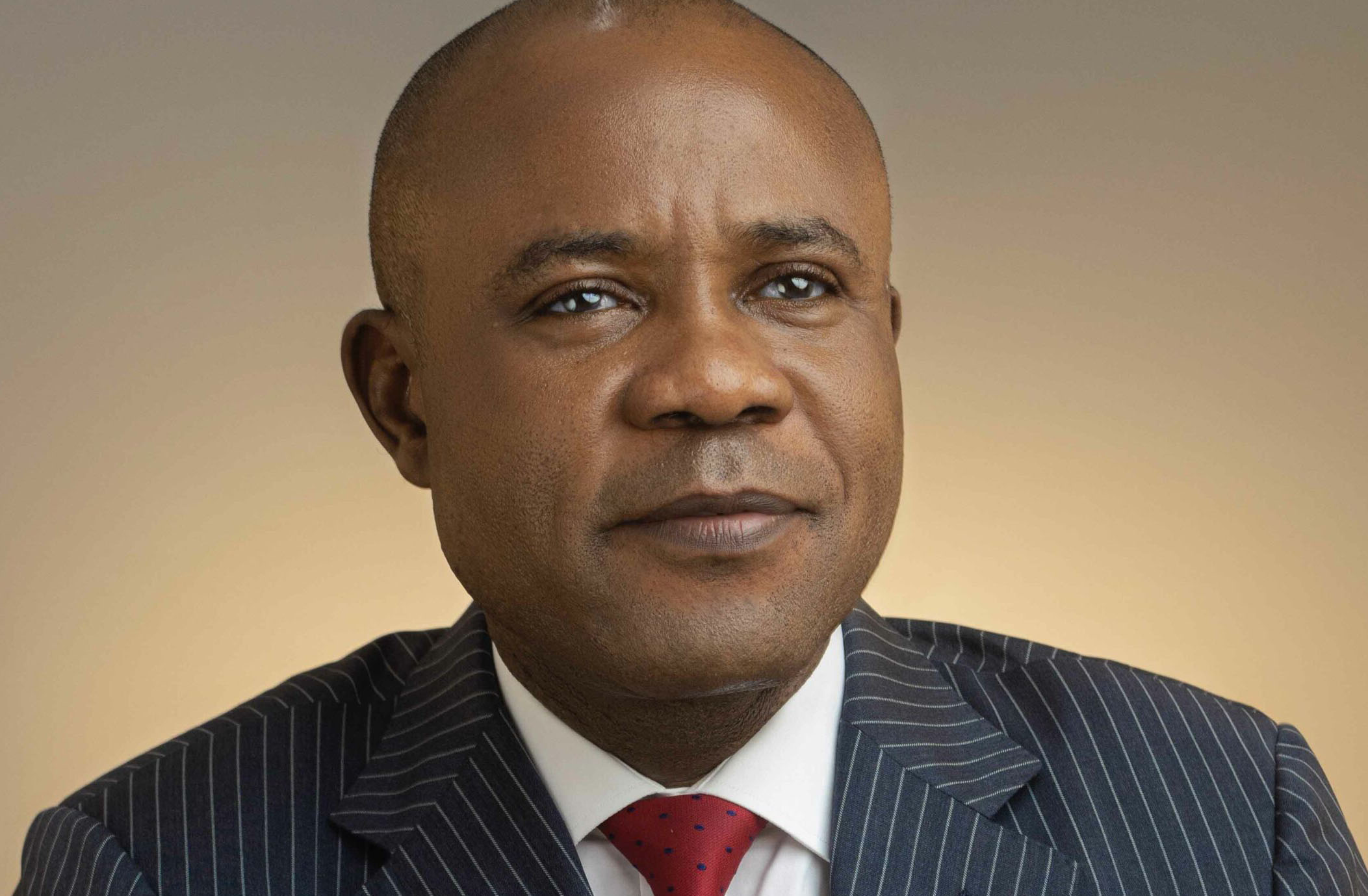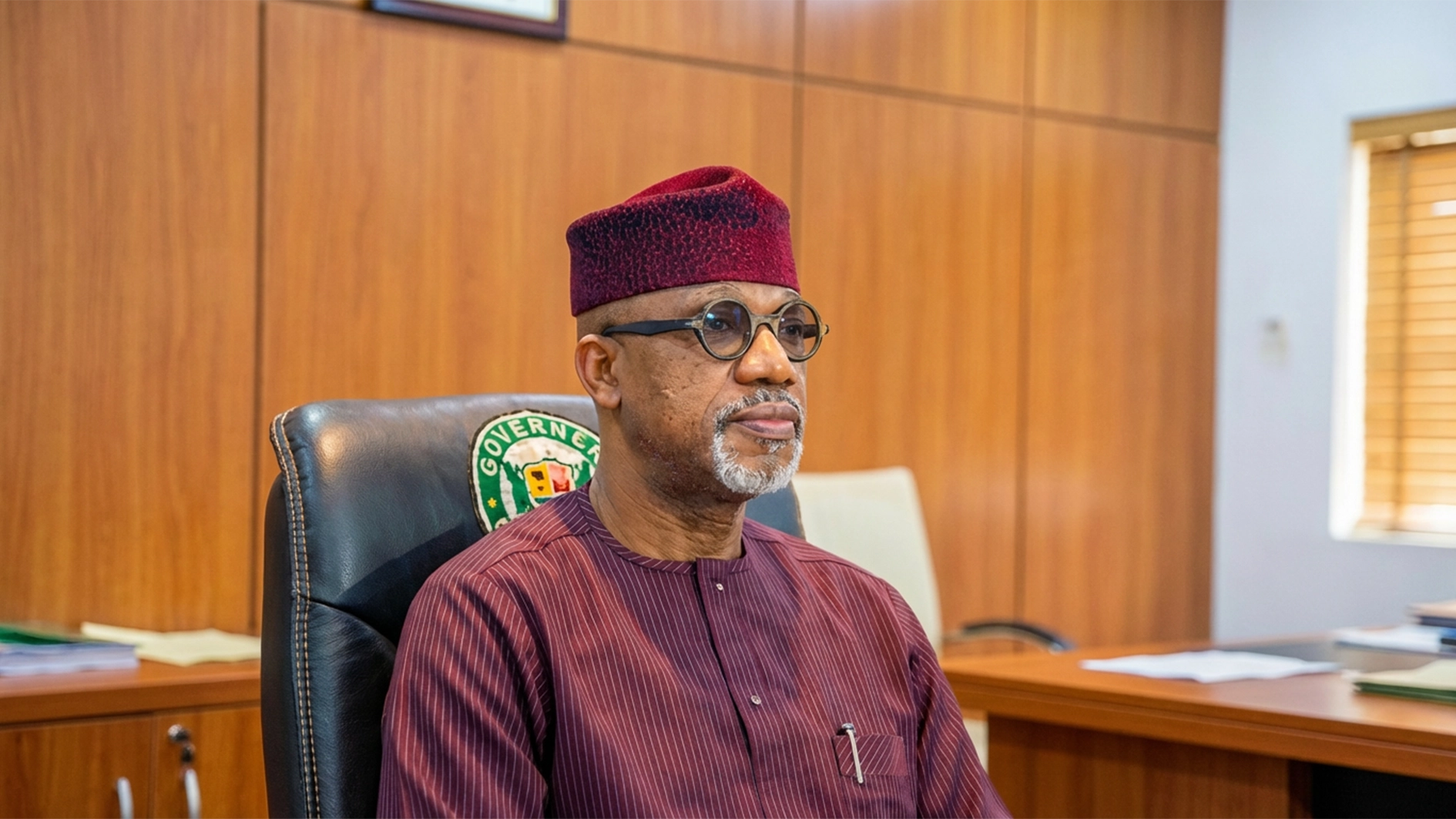
Nigeria stands at a digital crossroads. Yet, our national strategy risks prioritising wrongly. Yes, broadband expansion and 5G rollouts are vital – no nation thrives in the digital sector without robust connectivity. But while billions flow into laying cables and erecting towers, far too little attention is paid to building the human talent needed to leverage this infrastructure. The World Bank’s Nigeria Digital Economy Diagnostic in 2019, flagged digital skills shortages as a fundamental roadblock to growth. Yet, the government’s current approach still heavily favours infrastructure. Take for instance, the EU-Nigeria Digital Economy Package (2021–2024). Out of €660 million allocated, connectivity projects vastly overshadowed investment in skills development. With NBS 2023 statistics showing 8.6 percent youth unemployment, evidence of underemployment and informal work left millions of people struggling and seeking meaningful possibilities.
Nigeria finds itself at a digital crossroads but our national plan runs the risks of prioritising wrongly. Indeed, the development of Internet and 5G rollouts are essential; no country grows digitally without strong connection. But while billions of dollars are spent on constructing cables and erecting towers, far too little is devoted to developing the talent required to utilise this infrastructure. Although the World Bank’s 2019 Digital Economy Diagnostic pointed up digital skills shortages as a basic obstacle to development, the government’s present strategy still strongly emphasises infrastructure. For example, out of €660 million budgeted in the EU-Nigeria Digital Economy Package (2021–2024), connection initiatives greatly eclipsed investment in skills development. The stakes could scarcely be greater given the youth unemployment rate. This is an imbalance endangering our shared objectives for the digital economy as Nigerians, not only a policy issue.
Towers over talent
Nobody questions the fact that a digital economy depends on fast Internet and consistent power as basic building blocks. But Nigeria’s obsession on gear ignores the equally vital need for human potential. The Hertie School blog 2023 emphasised how often government-funded tech seminars give spectacle – free computers and showy devices, top priority over skill development. Aimed at training millions by 2027, ambitious initiatives such as the Three Million Technical Talent Program (3MTT) remained underfunded in comparison to massive infrastructure spending. Moreover, alliances like Huawei’s MoU sometimes, prioritise hardware sales targets above important skills development. The result is young people skilled in tech language but unprepared to create useful digital solutions under Nigeria’s real-world conditions of unstable power supply, costly data and limited resources.
Why this matters
Meeting a brilliant young lady in Lagos, who attended a government-sponsored digital skills program, I witnessed the human cost of this imbalance. She got a brand-new laptop but left without any kind of practical ability to stand out in the employment market. Her irritation was clear-cut – anxious to participate in Nigeria’s digital revolution, she felt abandoned by initiatives meant more for publicity than actual empowerment. This narrative exposes a more underlying issue; about 70 per cent of Nigeria’s population is young and they cannot flourish on cheap training or gifts. Real resilience in our employees results from learning useful, market-ready skills. Our economy is stronger and more flexible when young Nigerians are properly equipped and helped to acquire skills that immediately improve their employability or help them to generate new prospects. Our future depends on arming individuals with pertinent skills tailored to cater for the social and economic demands of the modern society.
Proves that it can work
Nigeria already has successful models. Through intense, hands-on boot camps rather than just tech-talk seminars, Andela has trained hundreds of young Nigerians as accomplished software engineers since 2014. Likewise, exactly because students train under real-world situations. HNG Internship generates graduates ready to create strong applications and acquire meaningful work. Supported by Germany’s GIZ, Tech4Dev’s Digital Skills program shows how realistically practical skills development is possible by combining organised online training with workplace internships. Many of the young Nigerians Flutterwave University has trained in fintech have been positioned in internationally competitive roles. Looking outward, Kenya’s Ajira Digital has empowered countless young people via practical, sustainable digital training; India’s NASSCOM FutureSkills program has inexpensively trained millions. Nigeria boasts plenty of skill and ambition; our policy only has to catch up.
A better path forward
READ ALSO: LAWMA targets $2.5b annually from circular economy
We have to change our strategy to match infrastructure spending to equal dedication to digital talent. There is the need to harness the private sector. Government initiatives should partner meaningfully with proven private trainers like Andela, HNG or Flutterwave, who have direct stakes in the employability of their trainees. Additionally, establishing a structured national youth tech-training programme, similar in scale and purpose to existing mandatory service schemes, could significantly accelerate skill adoption and job readiness across the country. It should also prioritise depth over speed. It is necessary to replace short-term, superficial workshops with intensive months-long boot camps modelled on successful programmes like HNG Internship, which produce job-ready graduates. We also need to go local and accessible by building a network of local tech hubs where skilled Nigerians mentor peers using accessible tools like WhatsApp or offline apps, spreading practical know-how from Lagos to Maiduguri without bloated central schemes. Lastly, we should build community trainers. Local talents should be empowered to become trainers themselves, replicating the successful peer-training models used by Google Developer Groups in neighbouring Ghana. This approach is both sustainable and deeply rooted in communities.
The right fix right now
Initiatives like the 3MTT offer a strong basis but without enough funding, their influence is still restricted. Even a small portion of broadband infrastructure money diverted towards growing established digital skill training initiatives might have significant results.
Simultaneously, we have to solve fundamental issues such as dependable energy, reasonably priced data plans, and including useful technological education into our public school system. Leaders often highlight cutting-edge technology like artificial intelligence and block chain, but we run the danger of making hollow promises rather than real progress if we neglect to first establish these foundations.
Conclusion
The digital future of Nigeria depends on empowered people rather than only infrastructure or freebies on the weekends. We have to quickly re-balance our national policy if we are to reach our targets for digital transformation. Our young people need far more than token tools and ceremonial events. Policymakers, teachers and business leaders have to work together right now to make sure that significant skill development takes front stage in our digital future. The young are eager, aspirational and talented. Let us provide them with the skills they really need to lead Africa’s tech revolution into the future rather than merely survive.
Suleiman Odetoro, a Software Developer and Founder, Bytes & Codes Initiative, writes from Abuja.






